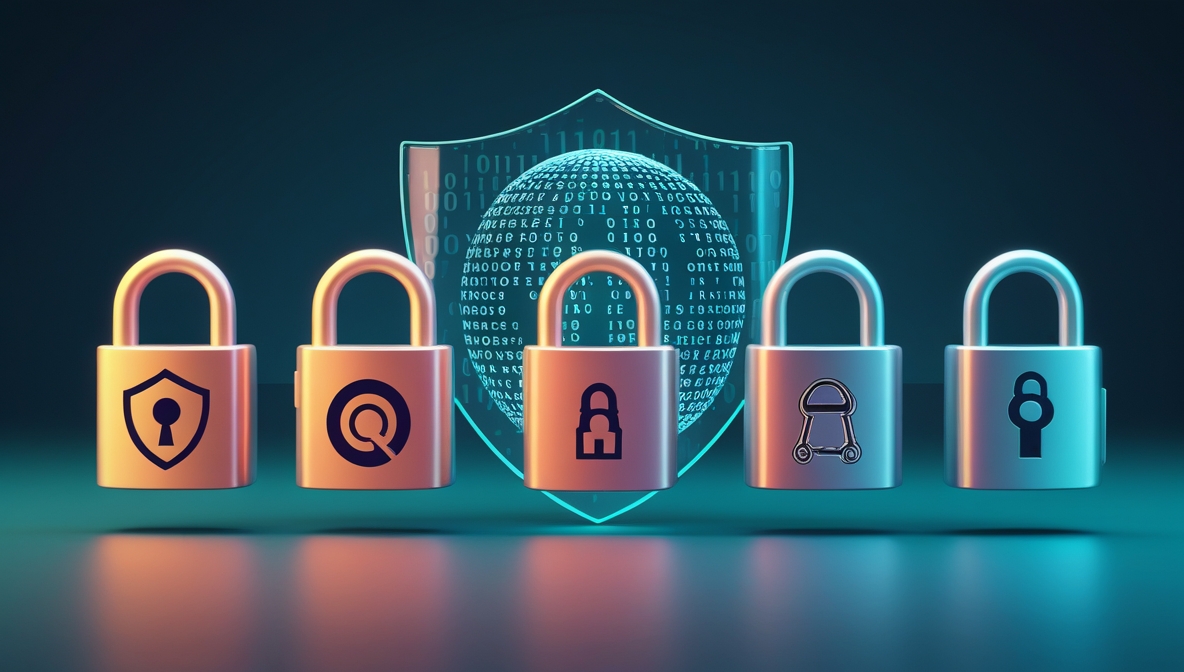In today’s digital age, security threats are evolving faster than ever, making it essential for individuals to safeguard their personal information and online activities. While many rely on commercial software, open-source security tools offer a powerful, transparent, and cost-effective alternative that empowers users with unparalleled control over their digital security. This comprehensive guide dives deep into the most effective open-source security tools for individuals, detailing their benefits, use cases, and how to implement them for maximum protection.
Why Choose Open-Source Security Tools?
Open-source security tools are developed in a collaborative manner, where the source code is freely available for inspection, modification, and distribution. This transparency allows security experts worldwide to identify and fix vulnerabilities quickly, enhancing reliability and trustworthiness. Unlike proprietary software, open-source solutions do not rely on hidden algorithms or backdoors, ensuring a higher level of privacy.
Moreover, open-source tools are often free or cost significantly less than commercial products, making them accessible to everyone. For individuals who want to take proactive steps in cybersecurity without hefty expenses, open-source tools represent the best choice.
Essential Open-Source Security Tools for Individuals
1. Antivirus and Malware Protection
Even with strong cybersecurity practices, individuals remain vulnerable to malware attacks. Open-source antivirus solutions provide robust protection without compromising transparency.
-
ClamAV: A widely trusted open-source antivirus engine, ClamAV offers comprehensive detection of viruses, trojans, and other malicious software. It supports multiple platforms including Windows, macOS, and Linux. Its regularly updated virus database ensures users are protected against the latest threats.
-
Maltrail: This is an advanced malicious traffic detection system, perfect for individuals who want to monitor network anomalies indicative of malware activity.
2. Firewalls and Network Security
A personal firewall helps regulate incoming and outgoing traffic, protecting devices from unauthorized access.
-
pfSense: Originally designed for enterprise, pfSense is also accessible for tech-savvy individuals seeking a powerful firewall/router solution. It provides stateful packet inspection, VPN capabilities, and advanced routing.
-
OpenWrt: An open-source router firmware that enhances the security features of many consumer routers by adding advanced firewall controls and regular security patches.
Encryption Tools for Secure Communication and Data Storage
3. Secure Messaging and Email Encryption
Privacy-conscious individuals require tools to communicate without fear of interception.
-
Signal Protocol (via Signal app): While the Signal app itself is open-source, it uses the Signal Protocol, a gold standard in end-to-end encryption for messages and calls, ensuring only intended recipients can access content.
-
GnuPG (GPG): This encryption software allows individuals to encrypt emails and files. It implements the OpenPGP standard, providing strong asymmetric encryption and digital signatures for authentication.
4. Disk Encryption
To protect sensitive data on personal devices, disk encryption is indispensable.
-
VeraCrypt: A successor to the discontinued TrueCrypt, VeraCrypt is a powerful open-source encryption tool that can encrypt entire drives or create encrypted containers. It supports strong encryption algorithms like AES, Twofish, and Serpent.
-
LUKS (Linux Unified Key Setup): Native to Linux, LUKS offers full disk encryption that integrates seamlessly into the OS, providing robust protection for Linux users.
Password Management: Keep Your Credentials Safe
Managing multiple complex passwords is challenging but critical. Open-source password managers provide a safe vault for all your credentials.
-
Bitwarden: An open-source, cross-platform password manager that stores encrypted passwords locally or in the cloud, secured by zero-knowledge architecture. It supports multi-factor authentication (MFA) and browser integration.
-
KeePassXC: A community-driven fork of KeePass, KeePassXC is a local password manager ideal for users who prefer not to store passwords on the cloud. It offers a simple, user-friendly interface with strong encryption.
VPNs and Anonymity Tools for Online Privacy
5. Virtual Private Networks (VPNs)
VPNs encrypt internet traffic, hiding your IP address and preventing tracking.
-
OpenVPN: One of the most trusted open-source VPN protocols, OpenVPN offers secure point-to-point or site-to-site connections. Many VPN providers use OpenVPN as the backbone of their services.
-
WireGuard: A modern, lightweight, and highly efficient VPN protocol designed for simplicity and speed without compromising security. WireGuard is gaining rapid adoption for personal VPN setups.
6. Anonymity and Tor Network
-
Tor Browser: The most recognized tool for anonymous internet browsing, Tor routes your traffic through multiple nodes, masking your identity and circumventing censorship.
-
Tails OS: A live operating system focused on privacy, it routes all internet connections through Tor, leaving no traces on the device.
System and Software Hardening Tools
7. Operating System Security
Enhancing your operating system’s resilience against attacks is crucial.
-
Qubes OS: A security-focused desktop OS that uses virtualization to isolate different activities into separate compartments, drastically reducing the risk of compromise.
-
Linux Hardened Kernels: Some Linux distributions provide hardened kernel versions with extra security patches and mitigations, ideal for individuals wanting advanced protection.
8. Application Whitelisting and Integrity Checking
-
OSSEC: An open-source host-based intrusion detection system (HIDS) that monitors and analyzes system logs for suspicious behavior.
-
Tripwire: A tool that monitors file integrity to detect unauthorized changes, useful for protecting critical system files.
Best Practices for Using Open-Source Security Tools
Using the best tools is just the start. To maximize your security posture:
-
Keep software updated: Regularly update all open-source tools to patch vulnerabilities promptly.
-
Use strong, unique passwords: Employ password managers to maintain robust credentials.
-
Enable multi-factor authentication wherever possible.
-
Regularly back up encrypted data to prevent data loss.
-
Educate yourself on phishing and social engineering attacks.
Conclusion
Open-source security tools provide individuals with powerful, flexible, and cost-effective ways to secure their digital presence. By leveraging trusted antivirus programs, firewalls, encryption solutions, password managers, VPNs, and privacy-focused operating systems, users can take comprehensive control over their personal cybersecurity. These tools empower you to defend against evolving cyber threats with transparency and confidence.
The future of personal cybersecurity belongs to those who understand the value of open-source tools and integrate them wisely into their digital routines.



